Hacks and data breaches are making headlines, and cybercrime is on the rise. Every user should be aware of online security and minimize the amount of data shared with sites and apps. Have you ever thought about how much of your private information is available to malicious parties? We have prepared seven essential tips to help you prevent cybercrime.
Seven Ways to Protect Your Data in 2022
The more sites you use and the more apps you install on your devices, the higher the risk of data theft. Both personal and financial information is vulnerable. You could be attacked at any time — while checking your newsfeed, browsing Amazon or stocking up on hometownherocdb.com supplies.
Your favorite social media network or entertainment website might put your data at risk completely unbeknownst to you. To browse smartly, do the following:
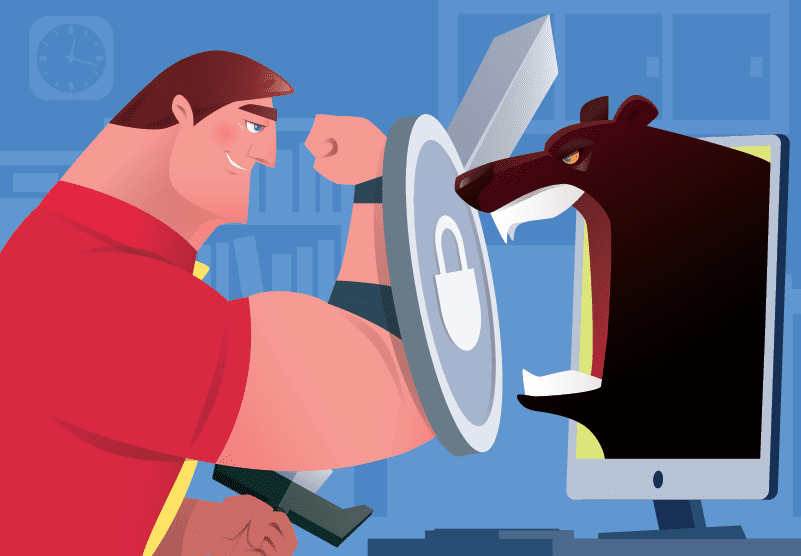
1. Secure All Mobile Devices
Most consumers, particularly millennials and Gen X, use their smartphones for all their online activities, from product search to social media to banking. Your phone can expose your data just like a laptop or PC. Here are five ways to prevent this.
- Set a passcode for your phone. Naturally, entering it to unlock the home screen every time is a hassle. However, it creates an additional layer of protection in case your device gets stolen or lost. The passcode must be way more complex than your birthdate or house number.
- Do not download any apps without checking their source. Some games and productivity applications are packed with viruses. If you want to buy a game, get it from a legitimate source.
- When browsing the web or a reading email, take the same precautions as on a desktop PC.
- Update your software whenever possible. Upgrades typically include important security enhancements, including protection from viruses.
- Use 2-factor authentication for all apps and sites that allow it.
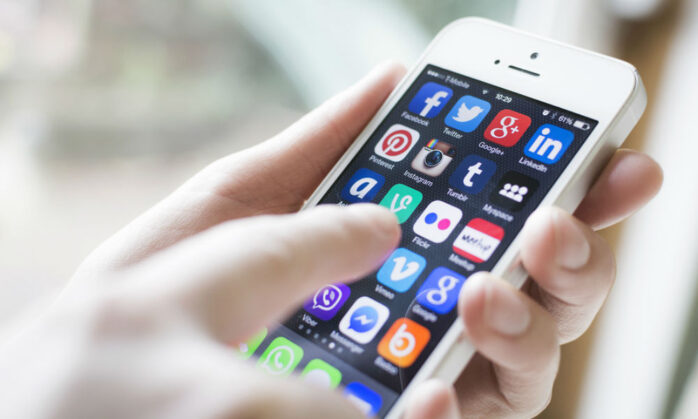
2. Avoid Oversharing on Social Media
Social media networks connect billions of people around the world. This makes them particularly attractive for scammers, hackers and other types of criminals. Even burglars can benefit from our penchant for oversharing.
First, limit what you share. Whatever you post on Facebook, Twitter, Instagram or elsewhere can help malicious actors obtain identifying information. If you go on vacation, do not share this news on a public profile. Avoid posting your identifying information — anything that could be used to access your accounts.
Suppose a thief is looking for data that is commonly used for access restore. Can they find it by looking through your Facebook posts? Review the details in your “About Me” section on Facebook and other social networks. Do not include the year you were born or place of birth.
Use the security settings to the fullest and explore your options thoroughly. For example, Facebook lets you limit the audience for every post. You can make some information available only to the users you have personally invited.
Finally, social media accounts need strong passwords just like your online banking services. Use a combination of at least 12 digits, special characters and letters, both upper and lower-case. Change your password regularly to prevent others from logging in. Cybercriminals often use hacked accounts to scam subscribers — for example, by pretending that the holder was involved in a car accident and needs money for urgent surgery.
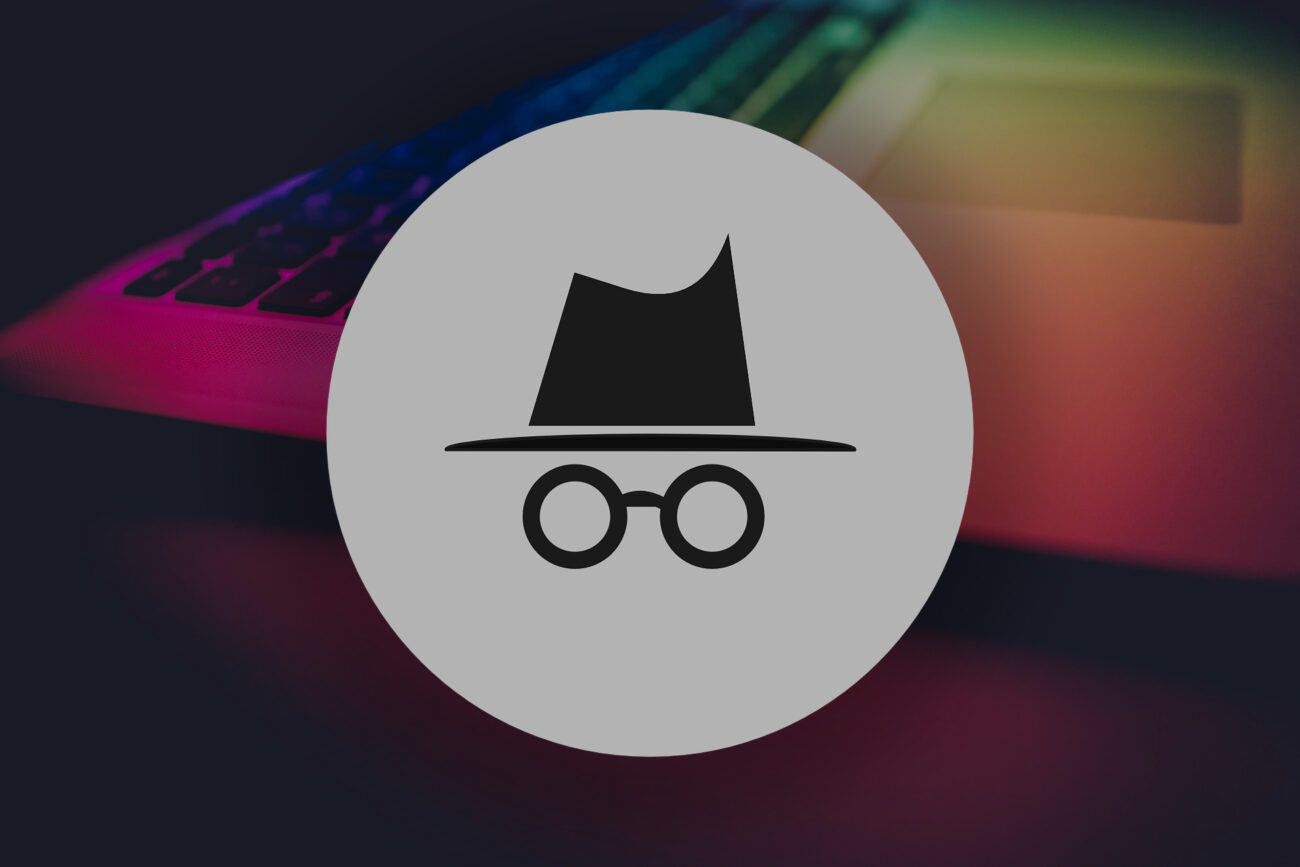
3. Switch to Private Browsing
All popular browsers feature a private setting. It prevents them from storing your browsing history, cookies, or temporary internet files. The feature can be named differently — for example, in Firefox, it is called Private Browsing. Chrome offers Incognito Mode.
If other people use your computer, even remotely, they will not be able to view your browsing history. On the downside, the private mode does not mean you will remain completely invisible. Your IP number will still be identifiable, so your internet service provider (and/or employer if you use a corporate PC) will have access to your browsing activity.
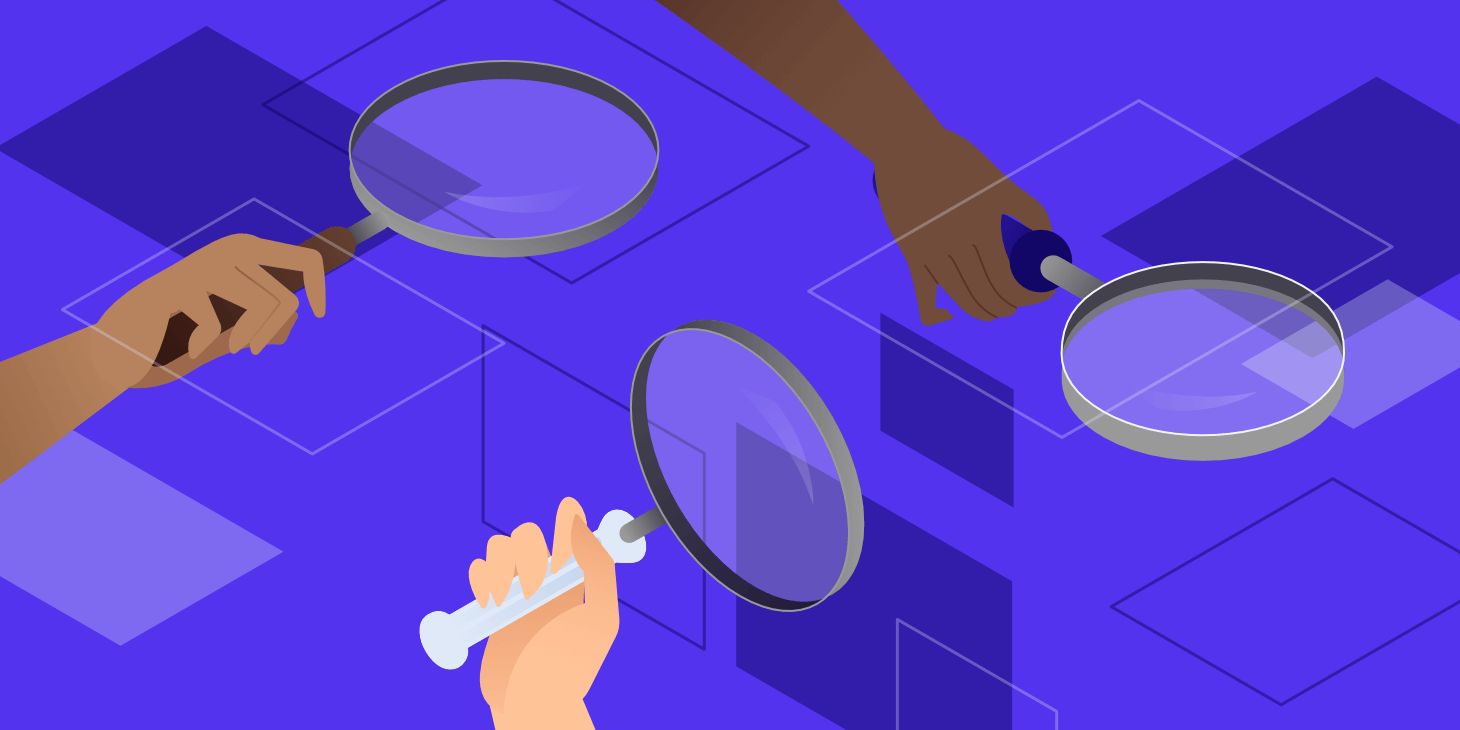
4. Use Anonymous Search Engines
You don’t have to rely on Google for all your online searches. If you have never heard of anonymous search engines, explore them. These services do not gather or share data about your search activity or clicks. What’s more, anonymous engines also block ad trackers on the sites you visit.
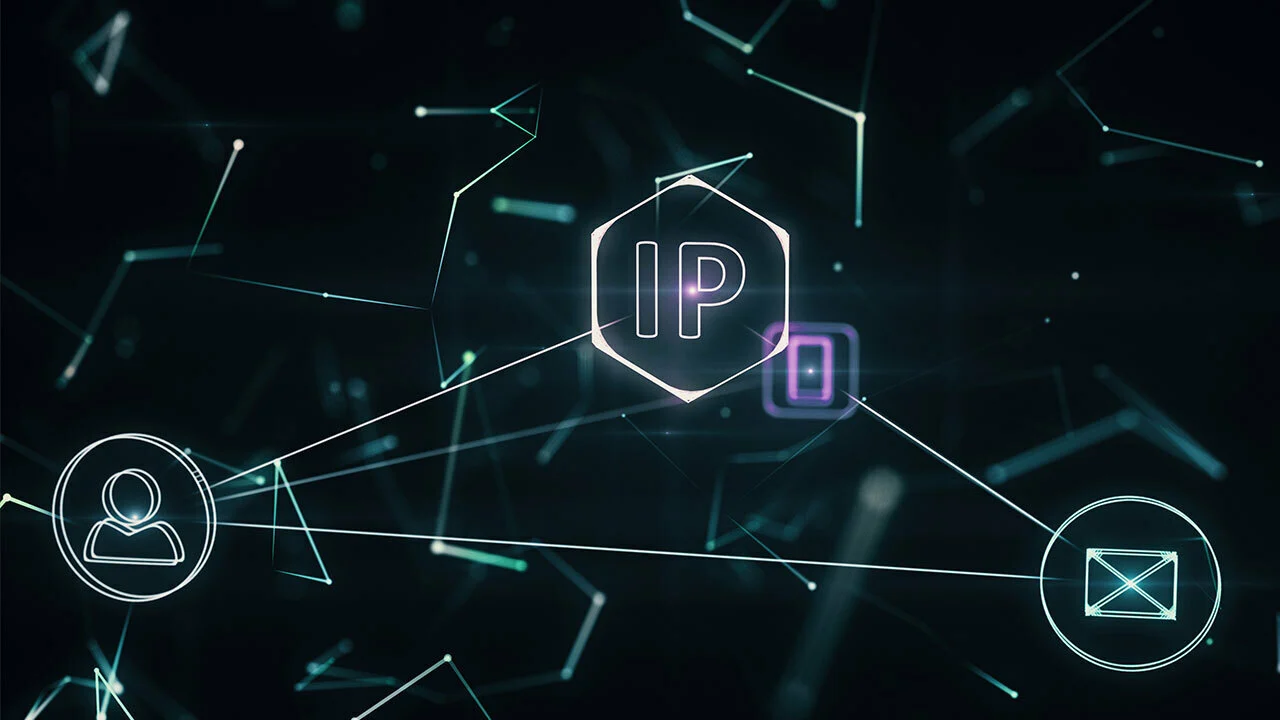
5. Hide Your IP Address
Virtual private networks (VPNs) your IP address, replacing it with another one depending on your settings. You could be browsing from the USA, but use an IP address from a server in France or Switzerland. This provides privacy and anonymity.
VPNs are also absolutely crucial when traveling. It is tempting to use a free Wi-Fi hotspot in an airport or restaurant, but you could inadvertently connect to an impostor network. This hotspot will steal whatever data you share. If you use a VPN, it will be immeasurably more difficult for cybercriminals to access your information.
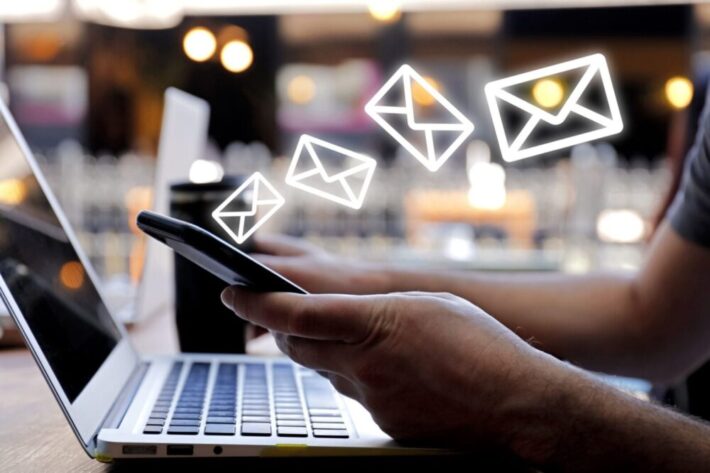
6. Learn to Tell Real Emails from Fakes
You can hardly find a user who has never encountered phishing. Scammers send fake emails to trick recipients into providing personal or financial data. For instance, you may get a message looking like a typical email from your bank.
Once you click on a link in it and enter any data, it will be compromised. Typically, URLs in phishing emails lead to a spoofed page that looks like a legit page of a financial institution.
Here is a simple way to check any link. Before clicking on it, hover your mouse cursor over it to see the full URL address. If it doesn’t match your banking website (for example, the domain name has an extra letter), delete the message immediately.
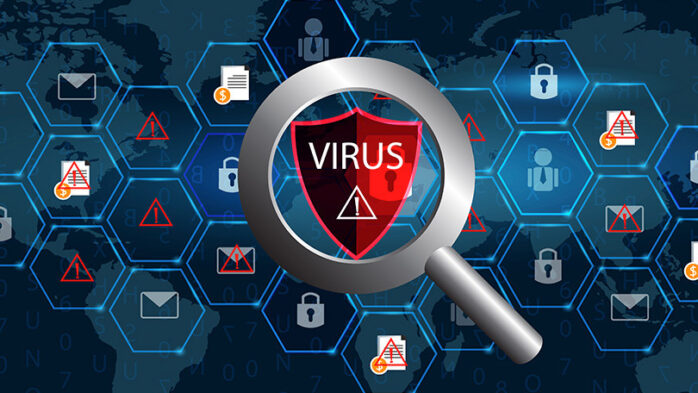
7. Keep Your Antivirus Updated
Antivirus software is your first line of defense against hackers. Install it on all devices, including mobile phones. It will prevent remote access, shielding your personal and financial data. Cybercriminals won’t be able to track your location, either.
Popular antivirus companies like Kaspersky update their software frequently, as new viruses appear every day. At least tools also protect against spyware and malware. Your antivirus will remind you when it is time for an update. You could also make updates automatic.
The post Top 7 Tips for Maintaining Digital Privacy appeared first on FotoLog.
from FotoLog https://ift.tt/XWmqJE2
via IFTTT



0 Comments